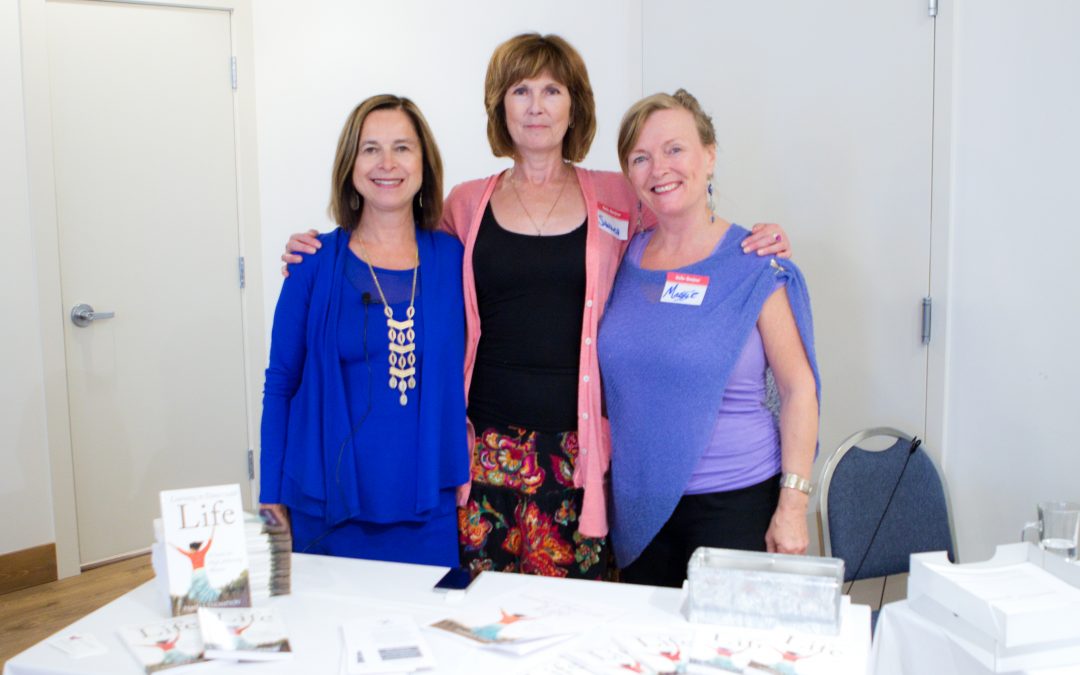
The Power and Importance of Connection
I recently visited the Okanagan for a conference and to reconnect with old friends. It felt so good to spend time in the presence of folks I had gotten to know over the 8 years I had lived near Kelowna. You know how you feel when you haven’t seen or spoken to someone in a while and it seems like only yesterday since you’ve chatted? You pick up easily and effortlessly and feel relaxed, accepted and valued in their presence. Having moved from a place I had lived longer than anywhere since I left home at 18, I realize that I had started to put down roots. Do you relate? Moving to a new city within the past year, I so miss the deep connections I have with old friends.
So what is connection and why is it so important?
Brene Brown defines connection as “… the energy that exists between people when they feel seen, heard and valued; when they can give and receive without judgment; and when they derive sustenance and strength from the relationship.”
A growing body of research shows that our learning, health and wellbeing are profoundly shaped by our social environments and connections with others.
Matthew Lieberman in his book Social: Why Our Brains Are Wired to Connect makes a strong case that the human need to connect with others is as basic as our need for food, shelter and water. Lieberman draws on findings from his own research and others to demonstrate that “being socially connected is our brain’s life long passion; … (and) “he argues that the need to reach out and connect with others is a primary driver behind our behavior.” We are wired to try to understand others and connect with them.
A strong body of research shows that social support, which includes emotional connection with “… a trusted group or valued individual, has been shown to reduce the psychological and physiological consequences of stress, and may enhance immune function. Social networks, whether formal (such as a church or social club) or informal (meeting with friends) provide a sense of belonging, security, and community.”[1]
Rita Pierson, an educator for 40 years, makes the case in a humorous and brilliant TED Talk[2], that a positive relationship and connection between teacher and student is important for learning to occur. It’s not just about “pouring information into children’s heads”.
Knowing these facts about the value and importance of human connection has amazing implications on the way we facilitate learning in schools, collaboration and productivity in workplaces, and a sense of harmony, security and belonging in communities.
Reflecting on your life so far, can you identify educators, peers, bosses and friends who have strongly influenced your life in positive ways? What characteristics did they possess, and what positive impacts did they have on you, your health and wellbeing, learning, and/or sense of security and belonging?
I welcome your shares and comments below. Feel free to share this post with others.
[1] https://www.takingcharge.csh.umn.edu/social-support
[2] https://www.ted.com/talks/rita_pierson_every_kid_needs_a_champion